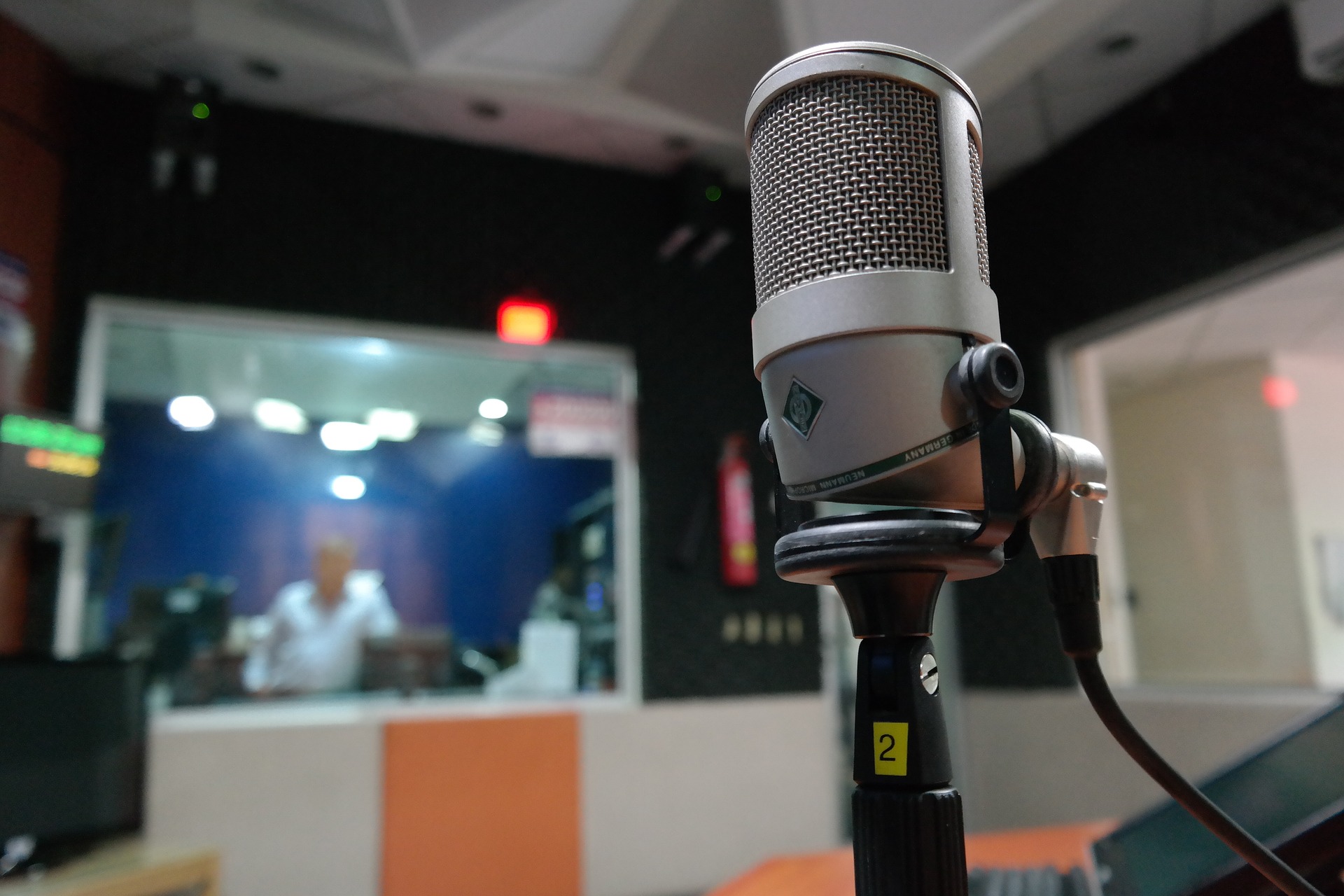
Radios have been around for well over a century. During that time, the radio industry has changed significantly. It has also had to contend with new technologies that threatened its existence.
For instance, people proclaimed radio shows would die after everyone started having televisions in their homes, but those proclamations never manifested.
Again, in the digital age of home PCs and the advent of the internet, people said radio would die out. But radio shows and stations have proven that they can survive in the face of new technologies and new forms of entertainment.
Sure, podcasts and music streaming platforms have taken a lot of the market share away from radio stations and shows in recent years, but radio is still surviving and doesn’t look set to be disappearing any time soon.
Seeing as radio stations and shows have existed for many decades in the face of changing times, there’s no reason why they can’t continue to adapt to the digital age and continue to be popular.
But how exactly can radio adapt to the digital age? Let’s explore the topic in greater detail.
How Radio Is Adapting to the Digital Age
While the internet was initially blamed for radio shows and stations losing listeners, it’s now known that the internet has actually helped radio to survive.
In fact, by utilizing the same technologies that podcasts and music streaming platforms use, radio shows often manage to reach wider audiences than they were able to do so prior to the digital age.
The majority of radio shows now stream online in addition to or instead of broadcasting over the airwaves.
And listeners have more listening options than ever before. No longer do they need to switch on a radio show at a precise time. Instead, listeners can listen to past shows online or even download shows. Listeners can also easily find online schedules for upcoming radio shows.
Furthermore, listeners can get information about the artists and songs that are playing by looking at online live feeds.
Anyone Can Set Up a Radio Show in the Modern Digital Age
Another fantastic thing about the modern digital age is that anyone can now set up a radio show.
All you need to do is use a radio broadcasting platform like Radio.co.
You don’t need to have any technical know-how. The platform takes care of all the technical aspects for you, so you can focus on creating engaging content for your shows and building your number of listeners.
You can also easily access, manage, and broadcast your radio show from anywhere and anytime, without needing technical knowledge or expensive studio equipment.
Listeners can hear your radio show on the web, on mobile devices, or on home-based devices.
Targeting Specific Audiences
The way in which radio shows are broadcast has undoubtedly been changing in recent years. But it’s not just technology that has transformed radio. Radio shows are also adapting their content to suit specific target audiences.
In this day and age of podcasts and music streaming platforms, many new radio stations and shows are catering to more niche audiences, and many are more talk-based than they are music-based.
In order to stay relevant and adapt to changing demand, radio stations and shows are finding they need to deliver content that’s targeted toward specific audiences.
Advertising Is More Relevant Than Ever Before
Many radio stations of the past relied on ads to generate funds. Well, that is no different today. For professional radio stations to remain profitable, it’s crucial that they partner with advertisers.
Though, radio stations are changing the kind of advertisers they use.
Often, radio stations now team up only with advertisers that sell products or services that suit the target audience of the radio shows.
The more that radio stations understand their audience’s demographics, the better they can partner with the right advertisers.
In turn, listeners hear more relevant content, radio stations can remain profitable, and businesses that advertise can gain new customers. So, advertising on radio shows in the right way can undoubtedly be a win-win situation for everyone involved.
The Future of Radio
Radio is sure to go through even more changes in the coming years, especially as the metaverse begins to take off and new technologies like artificial intelligence evolve.
But if radio shows have managed to survive for over a century, they’re sure to survive into the future.
They may just need to adapt, as they have already been doing.
Summing Up
As we have seen, radio is adapting to the digital age in various ways.
Listeners can now access radio shows online as well as over the airwaves, which brings additional benefits, such as being able to view details about the songs that are playing and listen to archived shows.
Furthermore, anyone can set up their own radio shows, which means more and more grassroots radio stations are springing up.
And when radio stations and shows cater to niche audiences and partner with the right advertisers, they can continue to be popular and be better prepared for the future.
























